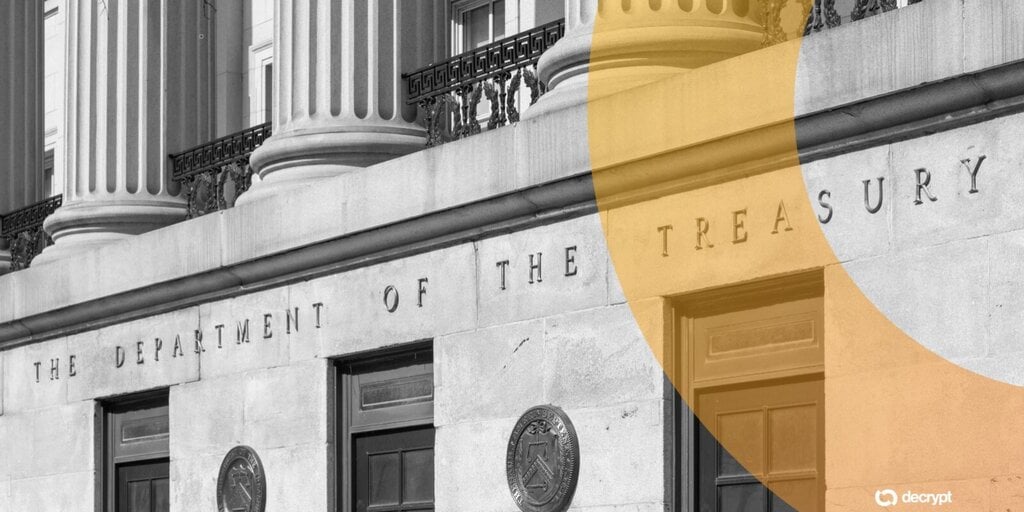
Treasury Department Allows Banks to Hold Cryptocurrency
In a significant step forward for the integration of blockchain technology into traditional banking, the Treasury Department has announced that national banks are now permitted to hold and use cryptocurrency in specific scenarios. This move highlights the growing acceptance of digital assets across financial sectors and paves the way for further innovation within the banking industry.
Expanded Banking Permissions for Crypto
The Office of the Comptroller of the Currency (OCC), a key banking regulator within the Treasury, confirmed in an official statement that banks can store cryptocurrencies on their balance sheets. These assets can be used for activities such as paying network fees on blockchains, supporting approved banking functions, and testing crypto-related platforms. This permission reflects a more flexible and forward-thinking stance compared to previous restrictions.
According to Adam Cohen, the OCC’s Senior Deputy Comptroller Chief Counsel, allowing banks to engage in these activities helps them expand existing services without exposing themselves to operational or counterparty risks associated with third-party crypto asset acquisitions. Banks can now allocate resources more effectively, fostering innovation without compromising financial stability.
A Break from Past Crypto Policies
Under the previous administration, banks required explicit approval from regulators before engaging in crypto-related activities. These restrictions were introduced to mitigate perceived risks associated with public blockchain networks such as Ethereum. However, the current policy adopts a pro-crypto approach, reversing several of those limitations.
This shift began in March when the OCC rescinded a Biden-era directive and allowed banks to actively participate in stablecoin transactions and offer crypto custody services to customers. Today’s announcement takes things further by granting banks explicit permission to hold cryptocurrency for both internal purposes and customer services.
This new policy aligns with the broader vision of transitioning traditional banking functions toward blockchain-based solutions. By integrating cryptocurrencies, national banks can now participate in the evolution of decentralized finance (DeFi) and blockchain technology, making the financial system more efficient and transparent.
How This Policy Impacts the Industry
This development is expected to strengthen the relationship between traditional banking institutions and the cryptocurrency sector. By bridging this gap, banks can offer expanded financial services to customers while enhancing their technological capabilities. For the average consumer, this means more seamless and secure ways to engage with digital assets.
To get started with cryptocurrencies, consider purchasing a hardware wallet like the Ledger Nano X. It offers a secure solution for managing your crypto assets and supports multiple blockchain networks.
Looking Ahead
This policy change indicates a significant step toward the mainstream adoption of cryptocurrency within the U.S. banking system. By embracing digital assets, financial institutions are not only enhancing their competitive advantage but also contributing to the global shift toward blockchain integration across industries.






